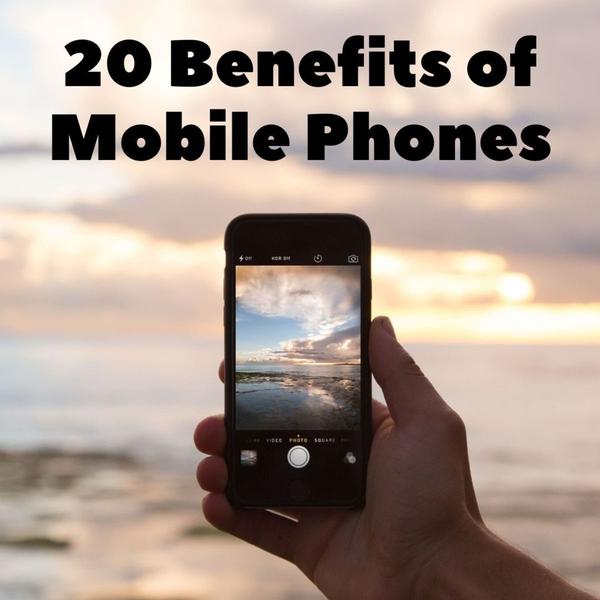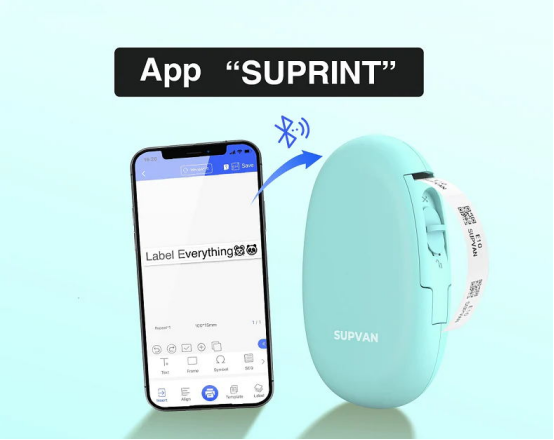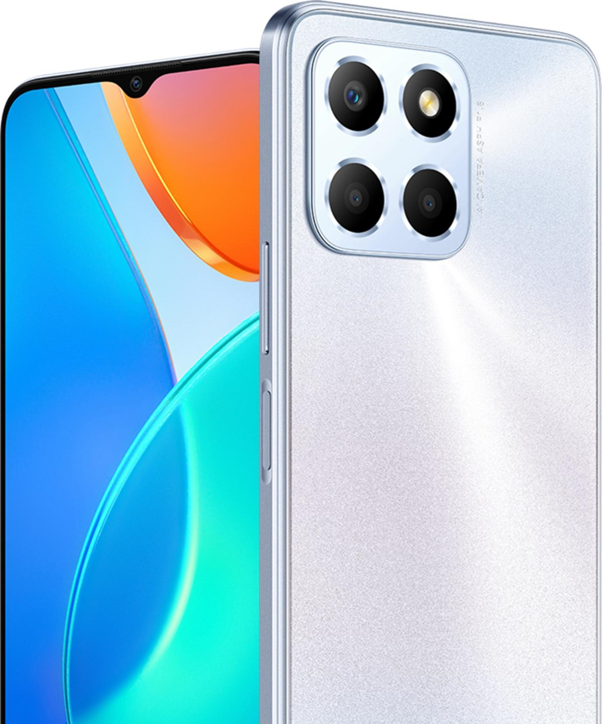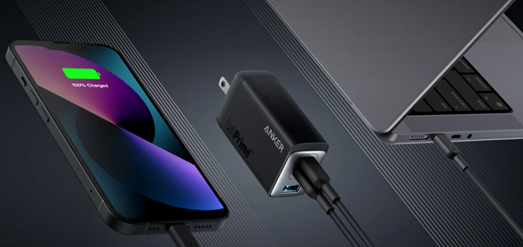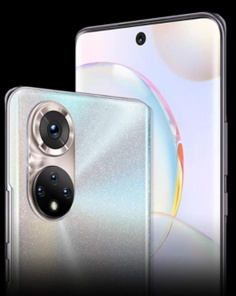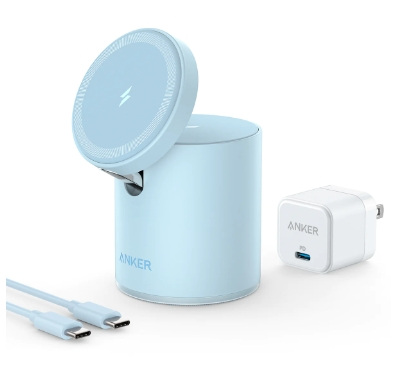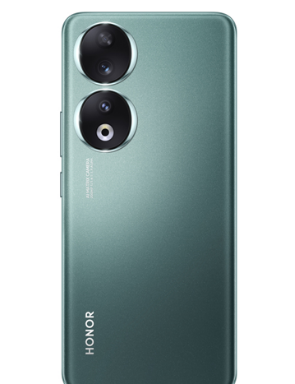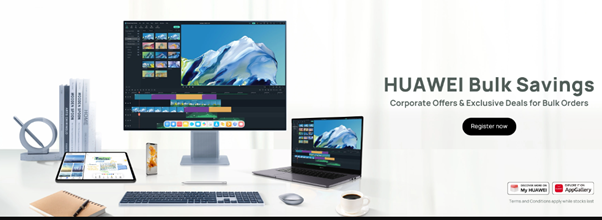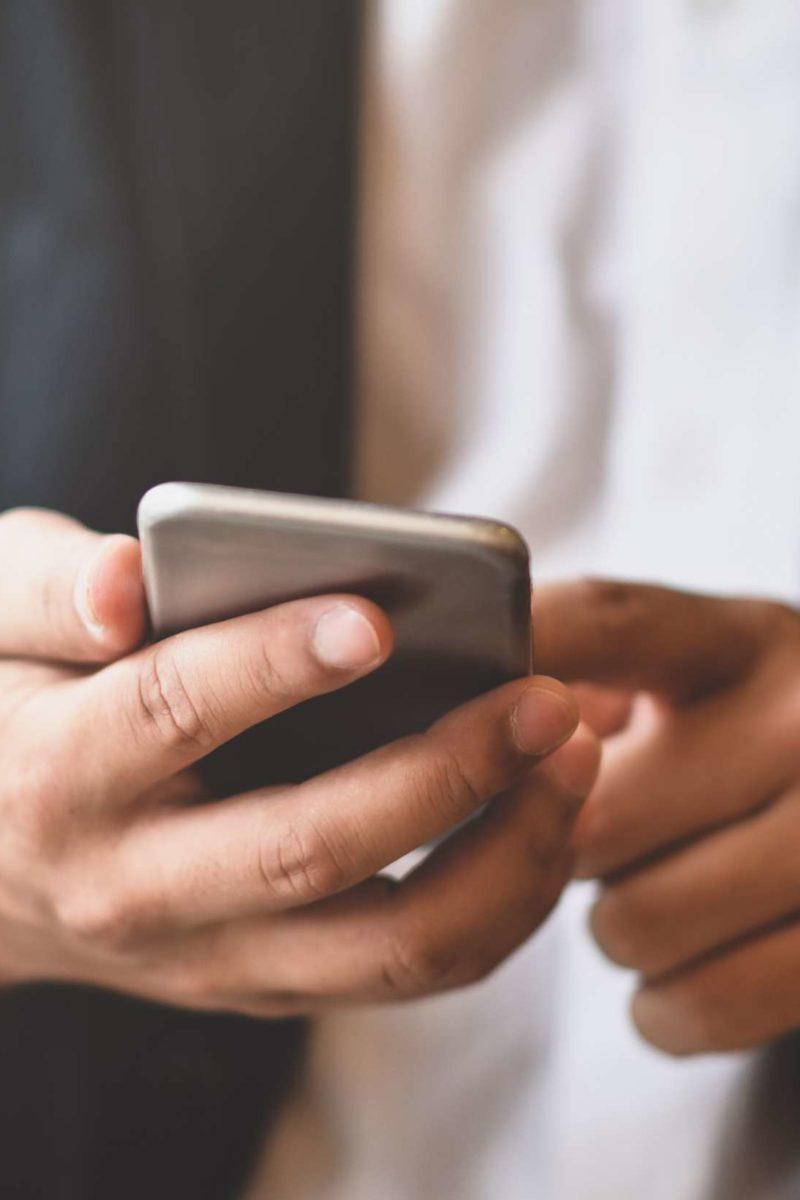
By cuterose
This one app can protect you against skin cancer, and it's already on your phone
Despite the well-established (and continuously growing) body of evidence that links sun exposure and skin cancer, beaches become speckled with millions of lounge chairs and sun-searchers each year. Staying out of the sun is for sure the best way to avoid sun damage, but no one expects you to trash your annual summer vacation on sandy shores. But you can take some steps to minimize your UV exposure and protect your skin from the sun's rays, that go beyond just wearing sunscreen.
So if learning to better protect and preserve your skin is on your list of 2020 resolutions, you've come to the right guide: Here, we detailed everything you need to know about UV exposure, including some at-home ways you can measure it to protect your skin from burns and cancer.
Read more: Best sunscreens for 2020: Neutrogena, EltaMD, Supergoop and more
What is UV exposure?
The sun emits three different types of ultraviolet (UV) radiation: UVA, UVB, and UVC. The Earth's atmosphere absorbs UVC, so we only need to worry about UVA and UVB. UVA comprises up to 95% of the light that reaches our skin, and UVB makes up the rest, according to Dr. David Lortscher, the board-certified dermatologist who leads skincare startup Curology.
Read more: Did you know you can buy sunscreen with your FSA?
What are the dangers of UV exposure?
It might surprise you to learn that UVB rays -- even though they only make up about 5% of the rays that reach our skin -- are the primary cause of sunburn. UVB exposure also accelerates skin aging, suppresses some immune functions and contributes to the development of skin cancer.
UVA rays, though less intense than UVB rays, are 30 to 50 times more prevalent than UVB rays. Prolonged and cumulative UVA exposure damages the collagen fibers in your skin, which contributes to signs of aging: wrinkles, age spots and loss of elasticity.
Oh, and skin cancer, too. The US Department of Health & Human Services, the Food and Drug Administration and the World Health Organization have all declared UV radiation a known carcinogen, both from the sun and artificial sources, like tanning beds.
Dr. Richard Torbeck, a dermatologist in New York, told CNET that UV rays cause DNA damage over time, which leads to cells growing unchecked and leading to cancer.
It's not just skin cancer, though: Excessive UV exposure is also a risk factor for cataracts and other eye complications, including corneal sunburn and damage to the retina, Dr. Lortscher told CNET. The American Academy of Ophthalmology now recommends protecting your eyes from UV exposure by wearing UV-blocking sunglasses and hats.
Before you head outdoors without sunscreen this summer, consider the potential complications of cumulative sun exposure:
Read more: I got my face scanned for wrinkles, hidden sun damage and acne scars. The results were mind-blowing.
Now playing:Watch this: A solar and heat-powered fitness watch? Yes, please1:23What if I want a tan?
I'm the first to admit I love a good tan, and it looks like I'm not alone (at least in my age group).
A recent survey from the Blue Cross Blue Shield Association revealed that millennials are more likely to engage in risky behavior in order to get a tan:
The connection between sun exposure and skin cancer is clear, and I have to say that as I get older, I've stopped being so stubborn about lounging in the sun without sunscreen in hopes that I can still save my skin from years of unprotected sun exposure. I've finally learned that a temporary tan isn't worth potential lifelong health complications -- I hope you do, too.
Are there any benefits of UV exposure?
Many people argue that the current public health message about sun exposure is misleading, because humans do need sunshine for optimal health. In particular, you need sun exposure to make adequate vitamin D, which regulates many processes in the body, such as helping the body absorb calcium to keep bones healthy.
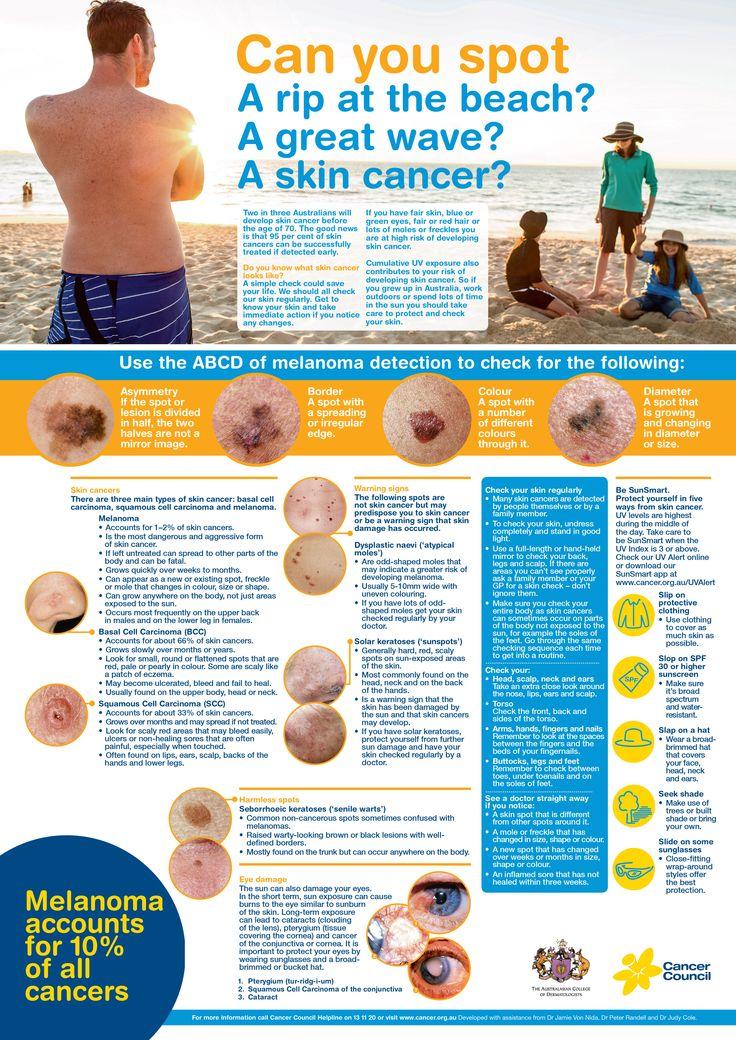
So yes, you do need sun exposure -- but not so much that you need to lie in tanning beds or spend several hours outdoors without sunscreen.
Colloquially called the "sunshine vitamin," vitamin D is actually a type of steroid hormone produced from the cholesterol in your skin when your body receives sunlight. Vitamin D is a fat-soluble vitamin, and it remains in your body for weeks or months at a time, depending on how much of it your body produces.
How much vitamin D your body produces from sun exposure depends on your skin type, where you live, and how you interact with the sun. For example, if you live in Florida and have fair skin, you could spend 10 to 15 minutes outdoors midday in shorts and a tank top and get all the sun exposure you need.
If you live in a place where there isn't much sunshine, or you have darker skin, you may need more time in the sun to produce adequate vitamin D. You don't need to sit in the sun to get vitamin D though -- you can find it in certain foods, too.
Read more: Perfect skin, sinus relief and a Roomba-like toothbrush: 5 wellness devices you'll want in 2019
How can I measure my UV exposure?
Measuring UV exposure starts with tracking the UV index scale.
"One of the easiest ways to monitor sun exposure is looking at the daily UV index, which is given on the iPhone Weather app," Dr. Torbeck told CNET. "The UV index is affected by clouds, wind, distance from the equator, and stratospheric components like ozone holes."
The UV scale goes from 0 to 11+ and can give you an idea of how cautious you should be about sun exposure each day. The US National Weather Service calculates the index using algorithms that account for ozone concentration, cloud cover, elevation, latitude, time of day and day of year. The index scores are as follows:
As you might suspect, the higher the index, the more sun protection you should use. You can use your zip code to find the UV Index for your locale, but know that the index is only available in 58 cities throughout the US and in Puerto Rico. Depending on where you are -- say, Glendale, California versus Los Angeles -- the index may not be precise.
Aside from looking at your weather app, you could use a UV-tracking device to measure your exposure. Over the past few years, UV-detection wearables and devices have emerged on the market (more on this below).
According to Dr. Lortscher, the technology behind these devices has existed for years, but has primarily been used in research studies. Unfortunately, Dr. Lortscher adds, it's not easy at this point for consumers to sort through the options because they appear to have differing sensitivities and functions.
He recommends asking a few questions when looking for a UV-detection device:
What kind of at-home devices measure UV exposure?
Most UV-detection wearables clip onto your clothes or fit around your wrist, much like a Fitbit or an Apple Watch. Depending on their function, when you go outside, the devices record the amount of UV rays your skin is getting and/or give you advice about how to protect yourself from the sun that day. Most of these devices use a companion app to feed you that information.
My Skin Track UV from La Roche-Posay uses a light emitting diode (LED) to capture and detect UV light, and it transfers that information to an app on your phone. Based on your UV exposure and other environmental factors, such as altitude, My Skin Track warns you when you should be concerned about your exposure.
Shade claims to be the first clinical-grade UV-detection device, and, according to their research, appears to be more accurate than many devices because it measures both UVA and UVB rays, whereas others measure UVA only.
If you're looking for something a little simpler, you can try wearable stickers with UV-sensitive ink, such as those from Sunburn Alert. The stickers change color after a certain degree of sun exposure, a helpful nudge to remind you to reapply sunscreen, put on a cover-up or seek shade.
Can these UV devices protect you from a sunburn?
Yes and no: Dr. Adarsh Vijay Mudgil, M.D., owner of Mudgil Dermatology in New York, told CNET that while commercially available UV detectors and apps can be helpful in assessing UV exposure, they may not be very precise, and it's best to just take simple precautions like wearing sunscreen and hats.
Dr. Lortscher noted that tracking devices such as My Skin Track, Shade or UV-sensitive stickers can be helpful if you spend a lot of time outdoors and tend to forget to reapply sunscreen.
Should you be measuring your UV exposure?
After all the build-up about sun exposure and skin cancer, you might be surprised (and possibly a bit relieved) that you don't truly need to track your UV exposure. While it's definitely helpful to take a glance at your local UV index each day, you don't need a device to tell you when to stay out of the sun.
Even dermatologists don't track every bit of sun they receive. "I personally do not measure my UV exposure, but do whatever I can to minimize it," Dr. Lortscher told CNET."And when UV exposure is unavoidable -- such as when I'm surfing, hiking or snowboarding -- I apply and reapply sunscreen."
Everyone, regardless of skin type, should prioritize sun protection, Dr. Lortscher continued. He offered a few tips:
You can liken these UV sensors to at-home blood sugar or blood pressure monitors, which can certainly be helpful to people who need to track those things.
People who already have or had skin cancer, or a skin condition or disease (such as Lupus) aggravated by sun exposure, may want to track UV with a device. While they may not be entirely accurate, they can definitely serve as a guide and give peace of mind to people worried about UV exposure.
The information contained in this article is for educational and informational purposes only and is not intended as health or medical advice. Always consult a physician or other qualified health provider regarding any questions you may have about a medical condition or health objectives.
Comments AppleNotification on Notification off Personal Care

